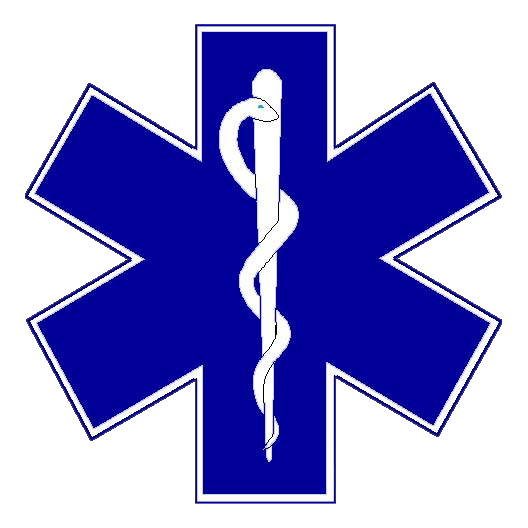Careers
A career in EMS is both rewarding and demanding. People’s lives often depend on the competent emergency medical care and emotional support provided by emergency medical technicians (EMTs) and paramedics to patients and their families in crisis. Emergencies such as automobile crashes, heart attacks, slips and falls, childbirth, and gunshot wounds challenge the EMS crews’ training, skills, and commitment. EMTs and paramedics provide a vital service as they care for and transport the critically sick and injured to medical facilities.
Requirements
In Pennsylvania, there are two levels of certification in the prehospital work environment, the EMT-Basic and the EMT-Paramedic.
An EMT-Basic (often referred to simply as EMT) is trained at the basic life support level. Skills includes oxygen administration, vital signs monitoring, spinal and extremity immobilization, recognition of life-threatening conditions, automated external defibrillation (AED) operation, and other non-invasive skills.
To become an EMT-Basic you must:
- Be at least 16 years old
- Enjoy working with people
- Perform well in stressful situations
- Complete classroom course
- Pass practical and written skills examination
- Maintain a minimum number of hours of continuing education training
A Paramedic is the highest-trained prehospital emergency care provider in the EMS system. The Paramedic accepts the awesome responsibility for patient care. In addition to providing basic life support, Paramedics are trained in advanced life support procedures. Currently, paramedics may administer approximately 60 different medications: orally, intravenously, intraosseously and intra-nasally. Paramedics perform advance airway procedures including endotracheal intubation, needle cricothyrotomy, needle chest decompression and CPAP adminstration. Paramedic skills include the interpretation of electrocardiograms (EKGs), defibrillation/cardioversion, and transthoracic pacing.
To become a Paramedic you must:
- Be certified as an EMT
- Complete classroom training
- Complete clinical (in hospital) and field training
- Pass practical and written examinations
- Maintain a minimum number of hours of continuing education
- Be granted Medical Command privileges from a licensed board certified Emergency Medicine physician
To find out more about how to become an EMT or Paramedic click on the links below.
PA Dept. of Health Recruitment Website
National Registry of Emergency Medical Technicians
Community College of Allegheny County

